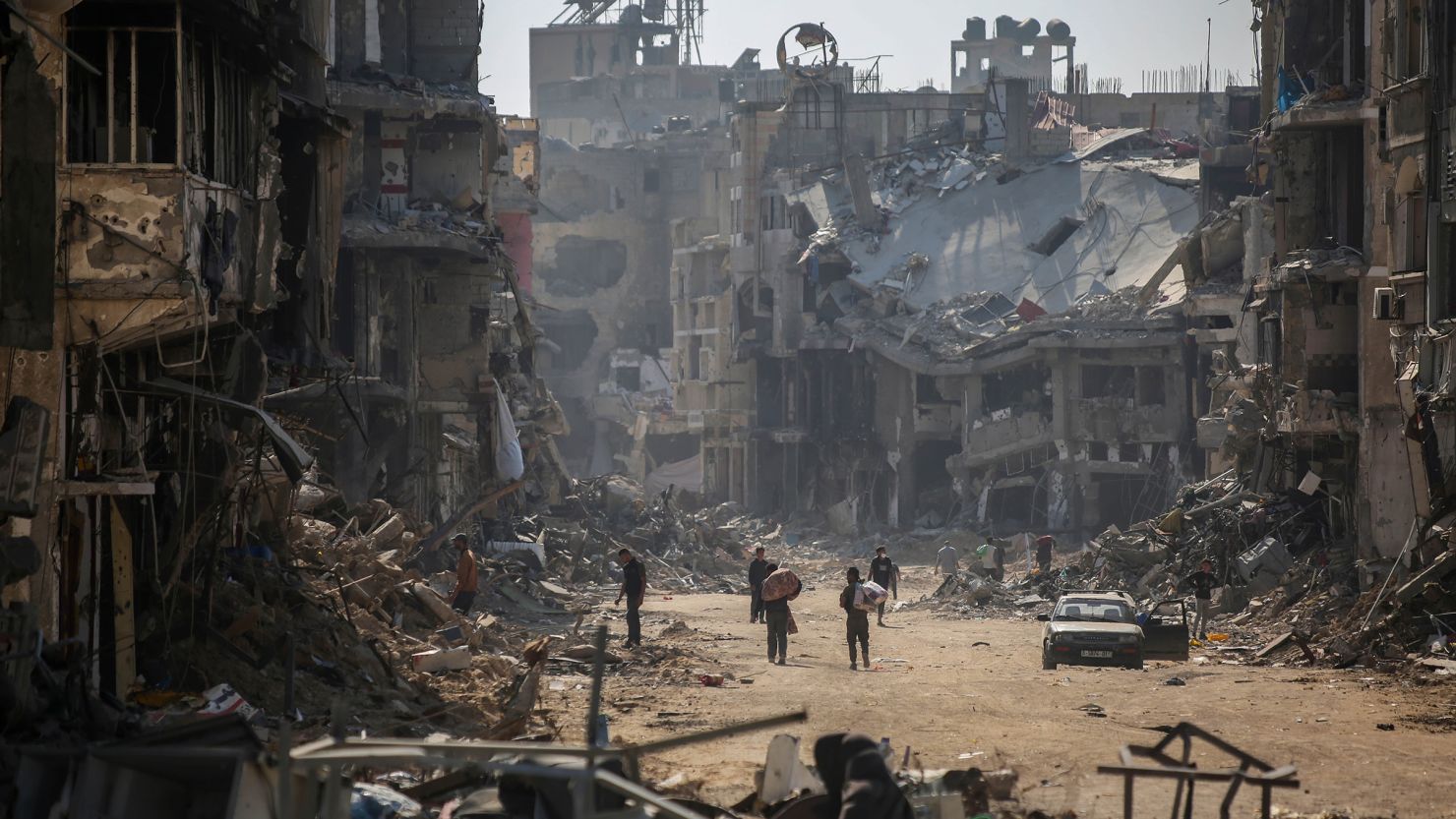Hezbollah leader Hassan Nasrallah stated last Tuesday that the threat of a wider war in Lebanon has significantly decreased, but the group continues to ramp up drone attacks on Israel in the past week, with Nasrallah emphasizing Hezbollah’s preparedness for conflict.
Ceasefire talks between Israel and Hamas continue cautiously, with Hamas dismissing reports of a breakthrough in negotiations and accusing Israeli Prime Minister Benjamin Netanyahu of obstructing progress.
In Gaza City, residents report intense fighting between Israeli forces and Palestinian fighters, noting some of the fiercest battles yet.
Here are the latest developments for this week.
Reduced threats of war in Lebanon
Hezbollah leader Hassan Nasrallah stated in a speech on Tuesday, July 9, that the threats of a wider war in Lebanon have “declined greatly,” though they still arise “from time to time.”
Similarly, Hezbollah’s deputy leader Naim Qassem mentioned in an interview with Russian Sputnik Radio on Friday, July 5, as reported by the Lebanese state-run National News Agency, that the “expansion of the war in Lebanon is not foreseeable in the near future.”
“If a ceasefire agreement is reached (in Gaza, ed.), our front will cease fire without any discussion, regardless of any agreements, mechanisms, negotiations, or anything else. That is a commitment because [Lebanon] is a support front,” said Hassan Nasrallah in his speech on Thursday.
However, Nasrallah warned that “we will never allow any attack that the Israeli enemy might carry out against Lebanon [even] if there is a ceasefire in Gaza.”
Defense Minister Yoav Gallant said Sunday that “we will continue fighting and doing everything necessary to bring about the desired result” in the campaign against Hezbollah, “even if there is a ceasefire” in the Gaza Strip, according to L’Orient Today.
On Wednesday July 10, Hezbollah announced three new attacks, including an “aerial offensive with a squadron of explosive drones” targeting a military base in the Israeli-annexed Golan Heights, according to L’Orient Today. The Israeli military reported that one soldier was lightly wounded after the attack.
Hezbollah, which has increased its use of explosive drones in recent weeks, said the latest attack in the Golan Heights was in retaliation “for the attack and assassination carried out by the Israeli enemy… on the Damascus-Beirut road” on Tuesday.
A source close to Hezbollah, speaking on condition of anonymity, told AFP that a former bodyguard to Hassan Nasrallah was killed in the strike, identifying him by the surname Qarnabash. Hezbollah confirmed the death of a fighter with the same surname in a statement.
Nasrallah asserted that Israeli demands to push Hezbollah back from the border “won’t fix” the situation for Israel. He emphasized that the group’s launch of “hundreds of rockets and dozens of drones in a single day” towards Israeli targets was a clear message that “Hezbollah doesn’t fear war.”
This comes amid ongoing ceasefire talks concerning the Gaza war, which US officials have described as “cautiously optimistic.”
Hamas denies imminent breakthrough in ceasefire talks
On Wednesday July 10, the Washington Post reported, citing an unnamed US official, that the framework over a ceasefire in Gaza had been “agreed” upon and that the parties were “negotiating details of how it will be implemented.”
Hamas has dismissed reports of an imminent breakthrough in negotiations with Israel, stating that several obstacles remain and that Israeli Prime Minister Benjamin Netanyahu is obstructing the process. This is according to the Middle East Eye.
Anonymous sources indicated there was “nothing new” to report and no impending “breakthrough” in negotiations, despite CIA director Bill Burns meeting with senior Israeli, Egyptian and Qatari officials in Doha on Wednesday.
In May, a senior Palestinian source with knowledge of Hamas policies told Middle East Eye that Hamas was prepared to show “flexibility” about the future governance of Gaza, provided the decision to rule the war-battered enclave is agreed upon by other Palestinian factions and not imposed by either the US or Israel.
United States President Joe Biden and Britain’s new Prime Minister Keir Starmer discussed their joint desire for a ceasefire in Gaza to facilitate the release of Israeli captives, allow aid in, and make progress towards a two-state solution, according to a United Kingdom government statement on Thursday.
These negotiations are taking place while residents of Gaza City report to the Reuters news agency that fighting between Israeli forces and Palestinian fighters is comparable to the fiercest battles of the war so far.
Gaza city witnessing some of the war’s most intense clashes
Residents of Gaza City reported to Reuters that the fighting between Israeli forces and Palestinian fighters has reached levels comparable to the fiercest battles of the war, leaving the Shujayea neighborhood in ruins. Civil defense teams are working to recover bodies from the rubble. A civil defense spokesperson stated that more than 85 percent of Shujayea’s buildings are now uninhabitable, displacing over 120,000 residents.
Israeli Defence Minister Yoav Gallant announced on Thursday that the Israeli army has killed or wounded 60 percent of Hamas fighters, dismantled 24 battalions in Gaza, and secured the release of half of the hostages. He emphasized the army’s determination to achieve all its war objectives in Gaza.
The Palestinian death toll since October 7 has reached 38,345, with over 88,295 wounded and an estimated 10,000 missing, likely buried under rubble. Health officials report that approximately 70 percent of the victims are women and children.


